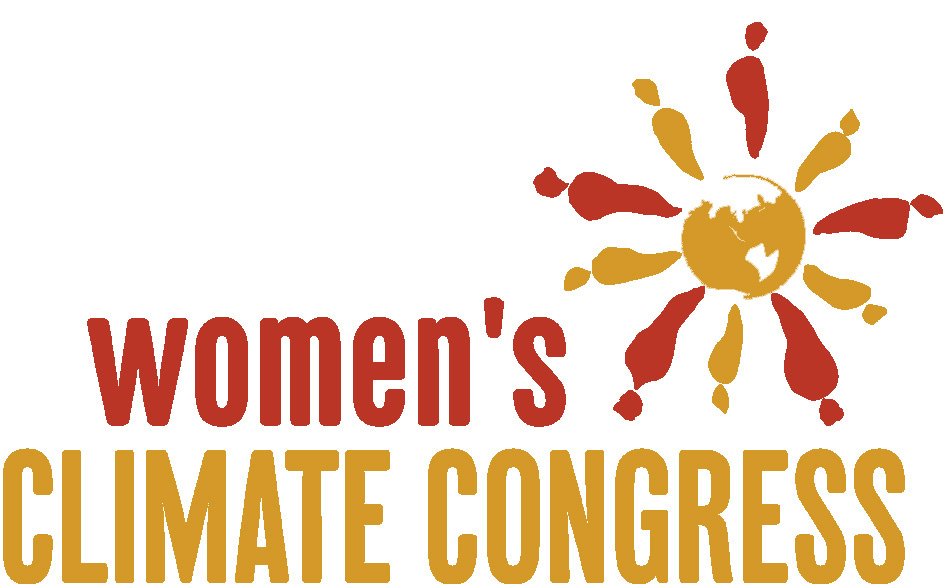Shifting our political culture from partisan polarisation to united action on climate change
This post is a summary based on my discussion paper Independent mediation for uniting action on climate change, which was the catalyst for the formation of the Women’s Climate Congress.
THE FURIES OF EARTH [1]
I’ll bring drought and fire under filthy skies
I’ll scorch the farmland and torch the forest
I’ll raise the ocean, drown the cities
I’ll spare no human being!
In 2020, humanity stands at a crossroads. Climate scientists warn that we have only one more decade to get our house in order before we suffer the consequences of Earth’s fury.
Our children are calling for action to secure their future and our country is on fire. But our party political system of government has resulted in deadlock.
We have all enjoyed the wealth that the industrial revolution has brought to the developed world, and therefore we must work together to transition our economy and lifestyles to a sustainable and just future for all.
Currently, in Australia our political parties and aligned groups of citizens are thinking separately in ever more polarised ways. To break the deadlock a plan is needed to enable thinking minds from all perspectives to come together to consider the issue.
Such a national (and indeed world) ‘thinking organ’ could offer to the currently opposing political forces an opportunity to collaborate in finding a just and sustainable way to stabilise the climate and secure a safe future for our children without renouncing their overall convictions.
To kickstart a uniting approach that transcends partisan politics, I founded the Women's Climate Congress. We believe that women's leadership is important at this time to help rebalance the political culture towards collaboration and nurture of life, and because women's leadership is not mainstream and women’s voices are still marginalised.
The Congress is working to promote collaborative deliberation to develop and mediate proposals for the social, economic and environmental changes needed to avoid further escalation of dangerous climate change.
We further propose that women should play a leading role in the development of this proposal.
Two guiding principles underpin this approach:
the validity of the climate science as cited by the IPCC and agreed in the target of the Paris Climate Accord to limit global warming to 1.5 degrees Centigrade to avoid catastrophic climate change
the sincerity of concerns about the potential damage to the economy and society (such as through job losses or dislocation) as we transition away from fossil fuels.
Such a collaborative process would give climate science experts a central voice in developing policy (as we have seen happen for COVID-19), while taking joint responsibility for the current situation and facilitating dialogue and action towards transition to a sustainable and just economy.
[1] Lyrics from The Gifts of the Furies, a prescient story-song by Canberra composer Glenda Cloughley, which links forgotten indigenous Europeans’ wisdom about relations between people and Earth to our changing climate. Performed by A Chorus of Women in Canberra on a number of occasions/locations, 2009-2011.

